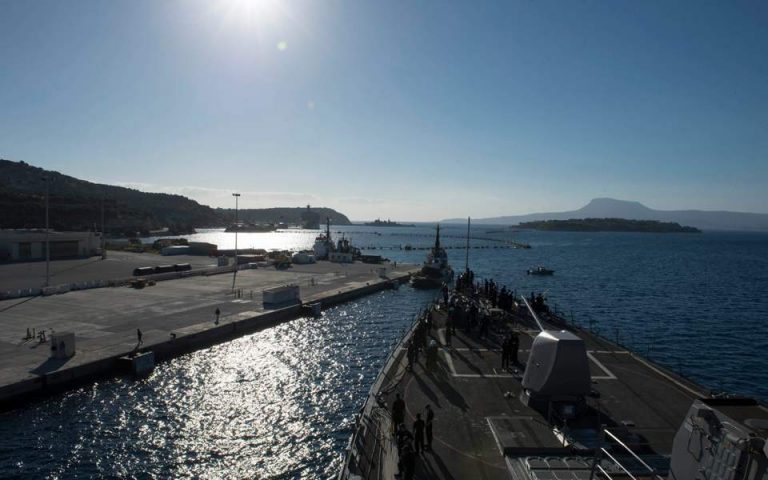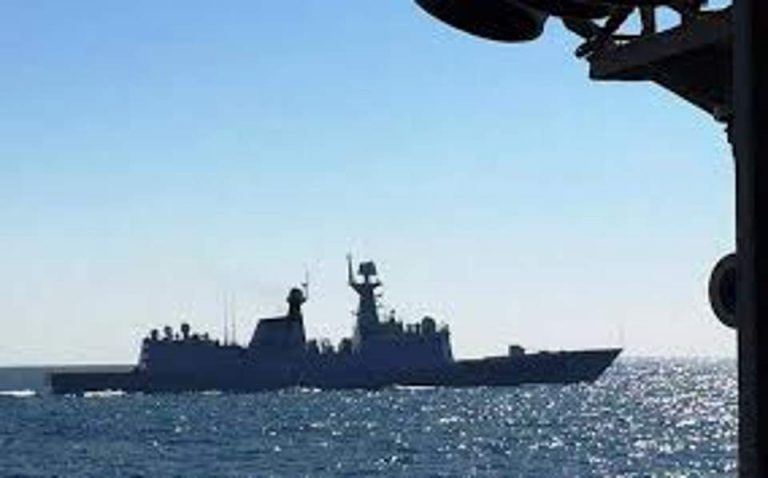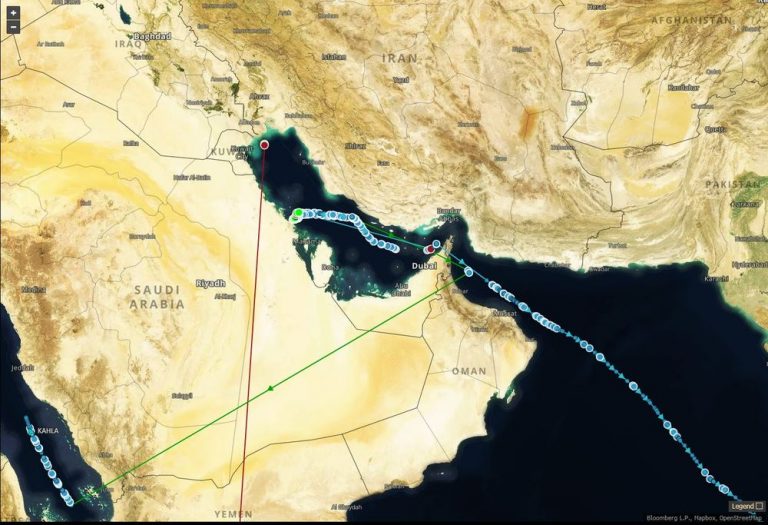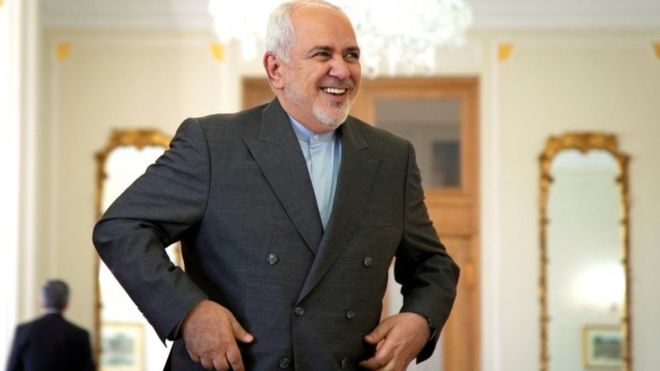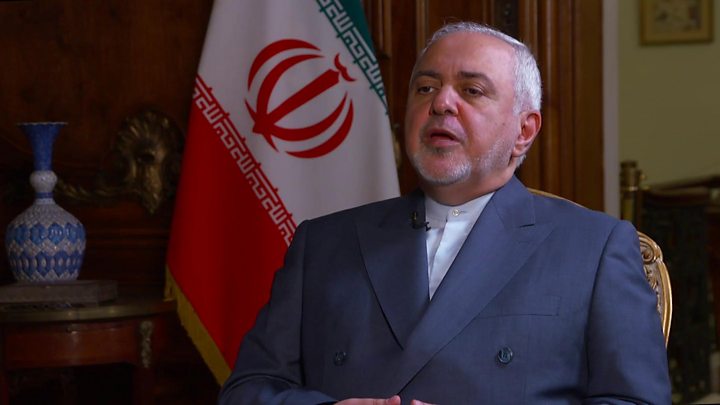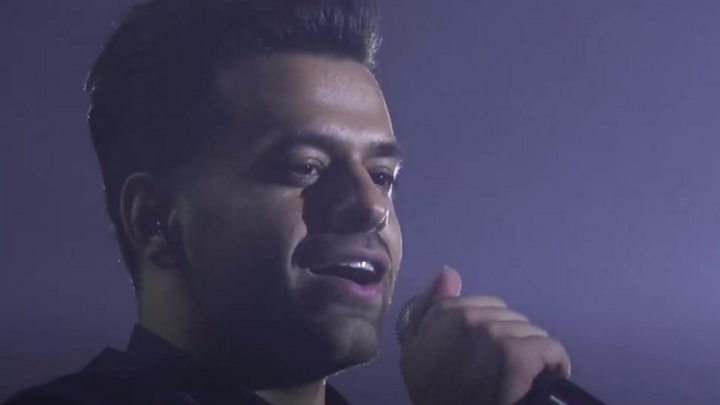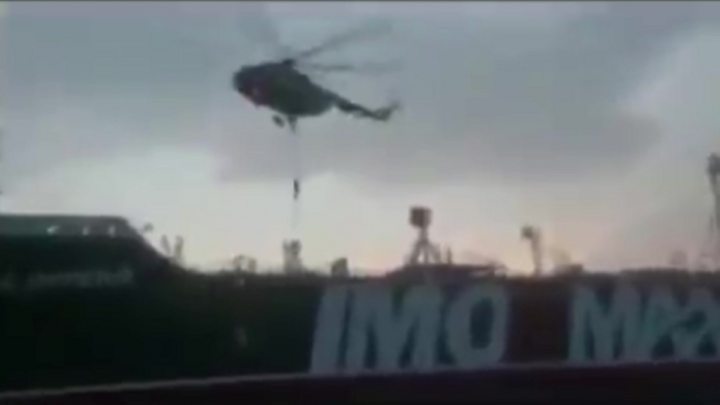Britain and Italy are now the terrible twins of Europe

By Martin Kettle London
For most of the time since 1945, the politics and government of Britain and Italy have seemed like polar opposites. True, both were important European powers. True too, each had a place among the world’s major economies. Even now, Britain and Italy will be among the select group of economically powerful nations whose leaders will gather in the Second Empire splendour of Biarritz’s Hotel du Palais this weekend for the latest G7 summit.
In the past, that was where the similarities began to ebb away. In politics, Britain was famously stable while Italy was infamously not. British governments were domestically strong, while Italian governments were weak and short-lived.
In Britain, leftwing politics was rooted in industrial unionism, while Italy possessed the largest, most modern-minded and most alluring communist party in the West. When Britain looked in the mirror it saw the embodiment of probity and practicality, while Italy was all too often synonymous with crime and corruption. While Britain maintained its autonomy by refusing to join the eurozone, Italy enthusiastically embraced its upper mid-table place in the EU and its membership of the single currency was shamelessly engineered.
Today, the political comparison is marked not by divergence but by an increasing convergence. Politically, Britain is becoming more like Italy. Like Italy, Britain is an increasingly hard to govern country that makes less and less effort to address its underlying economic, social and political problems. Instead, like Italy, Britain appears to be drifting steadily to the right under skilful populist leaders whom the political institutions are proving unable to control.
The collapse of Italy’s populist coalition this week is not, at first sight, an event with many British resonances. Both parties in the coalition are recent creations, a far cry from a Conservative party that traces its history deep into the 19th century. The rightwing Lega is the latest iteration of the old anti-migrant Lega Nord, which dated from only 1991, while the Five Star Movement is more recent still, a root-and-branch anti-establishment party. Yet the division that brought down the coalition and led to prime minister Giuseppe Conte’s resignation on Tuesday has real echoes of the battles in the Conservative party.
Like Theresa May, Conte was forced to quit because the Lega, under Matteo Salvini, has created a position in which it thinks it can win an election. That is precisely the belief that fires Boris Johnson. Salvini’s mix of anti-immigrant braggadocio, confrontational hostility to the EU in general, and to Germany in particular, plus his readiness to borrow and increase the deficit, and his intention, if elected, to slash taxes, has its reflections in Priti Patel’s potentially brutal migration controls, Johnson’s sabre-rattling approach to May’s withdrawal agreement and the UK government’s election-mode fiscal liberality.
None of this is to pretend that Britain and Italy are marching to exactly the same political drum. But if Angela Merkel, who hosted Johnson’s first European trip as prime minister on Wednesday, were to be asked privately to nominate her most unwelcome EU leader colleagues, it is a fair bet that Johnson and Salvini would come top of her current list, above even Hungary’s Viktor Orbán.
The Italian and British rightwing populist leaders, egged on by Donald Trump’s administration in Washington, represent a deliberate challenge to traditional politics in general and to the EU’s future in particular. Until recently, the visit of a British prime minister to the German chancellor was a ritual reaffirmation of commitment to stability. Not any more, and not on Wednesday. It is an alarming thought – though it should not be overplayed either – that Wednesday‘s was almost certainly the most destabilising Anglo-German summit since Munich in 1938.
To add the words “except Italy” to every generalisation about Europe would become tiresome, historian AJP Taylor once said. From now on, he added, the words should therefore be taken as read. Many of us grew up looking at Italy’s place in Europe in that way. Cooler and more stylish than us, certainly, but also more corrupt and more unshakeably right wing, Italy seemed to follow its own unique and inimitable route through European modernity.
For much of the postwar era, this way of looking at Italy made some sense. Compared with centralised France and Britain, Italy was a devolved state. Power lay in the cities and the regions, where Rome’s writ did not run. Compared with Germany and Scandinavia, Italy was economically protectionist, inefficient and institutionally rotten. While the citizens of most countries in Europe liked to think that they obeyed the laws, paid their taxes and provided for their poor, many Italians picked and chose which rules to follow, joked about paying their taxes and were often overtly hostile to the impoverished south of the country, as Salvini is today to African and Arab migrants.
For a while, it was possible to believe that, if there were convergence between the two, it would be Italy that managed to change, adapting itself to the liberal democratic capitalist habits of the EU. But that hasn’t happened. Italy’s exceptionalism is now, if anything, more pronounced. Under Johnson, Britain is accelerating in a similar direction of its own. Since the fall of the Syriza government in Greece, Italy and Brexit Britain together pose the most direct challenges to the EU’s legal, budgetary and human rights underpinnings.
For the avoidance of doubt, precise parallels between Italy and Britain, or Salvini and Johnson, should not be pushed too far. There remain many profound differences between the two national conjunctures. But their rightward trajectories, their preoccupation with winning votes on the right not the centre, and their mastery of the black arts of political campaigning in the digital age all come from the same soil. Those who have argued for many years for Britain to become more like Germany or Sweden have to wake up to what is happening. Italy and Britain, an improbable political duo if ever there was one, have become the terrible twins of Europe. – Guardian News and Media
